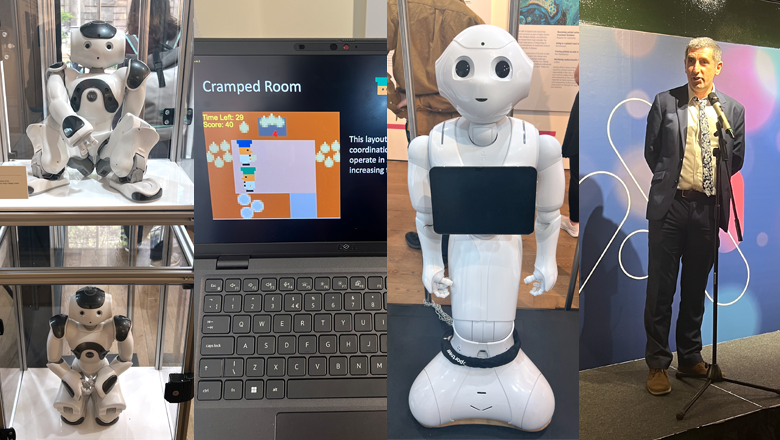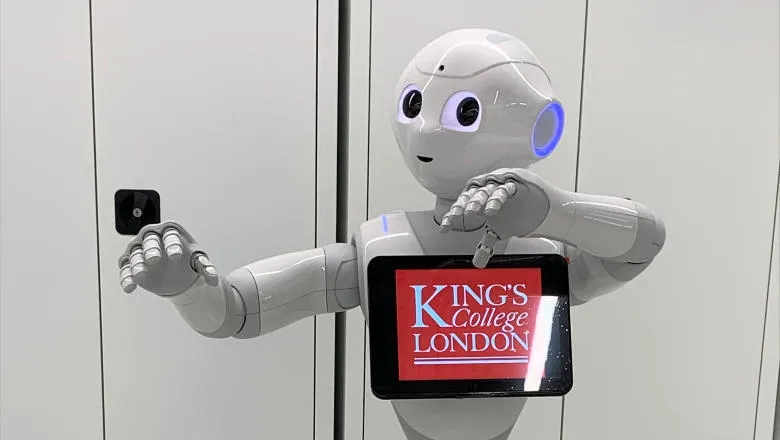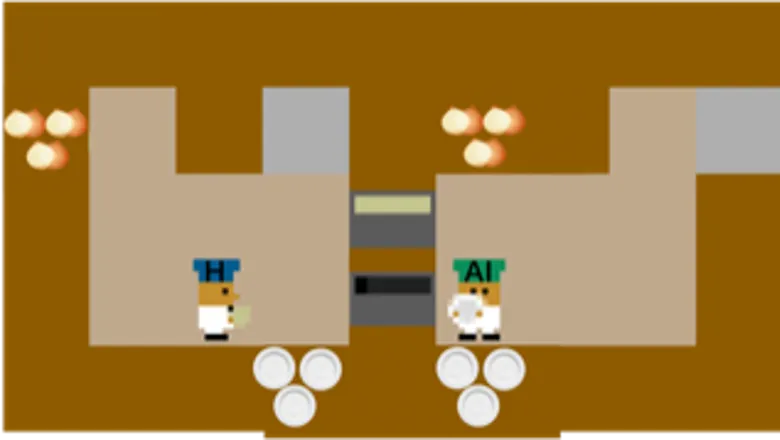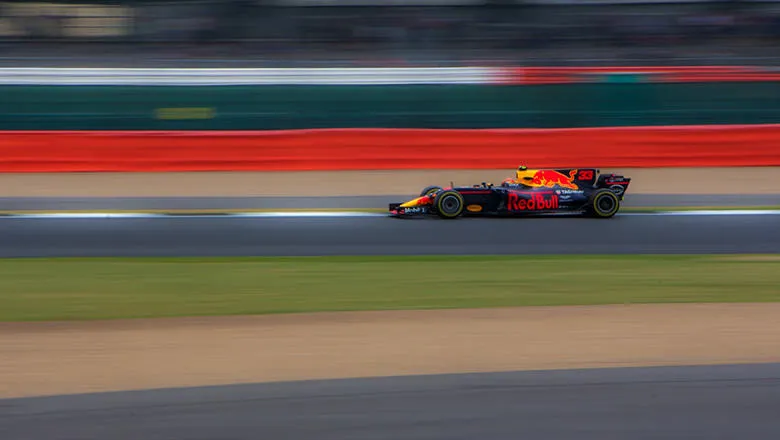Bringing the Human to the Artificial presents cutting-edge AI research at King's.

Bringing the Human to the Artificial is a new exhibition presented by the King's Institute for Artificial Intelligence, showcasing cutting-edge research from across the university exploring the effects of artificial intelligence (AI) on different aspects of our lives.
Presented in collaboration with King's Culture, the exhibit runs from 3 May until 30 June at the Arcade, Bush House. It features multiple perspectives on AI, across social sciences, law, arts, humanities, security, science, engineering and health.
A number of researchers from the Faculty of Natural, Mathematical and Engineering Sciences are featured, discussing the evolving relationship between humans, human creativity and AI.
Bringing the Human to the Artificial showcases artificial intelligence at King's College London, and asks questions about our future relationship with AI and what we want of a society populated by both humans and machines."– Michael Luck, Institute Director, King's Institute for Artificial Intelligence
Robots in the Human World
The interface between human and machine is becoming more personable with the introduction of Pepper, the world's first social humanoid robot able to recognise faces and basic human emotions. Visitors will have a chance to converse with Pepper, as well as leading roboticist Oya Celiktutan, Senior Lecturer in Engineering, and learn about the technology powering a robotic assistant adopted by over 2,000 companies across the globe.

The mobile manipulator robot TIAGo will also be on show throughout. With human help, Lecturer in Autonomous Systems at the Department of Informatics, Gerard Canal, hopes to teach TIAGo to be a better collaborator during an event on 24 May. While TIAGo prepares a cup of tea, researchers will monitor visitor reactions towards the robot to find out what may be confusing, and use this information to rectify the robot's technique.

Both King's lecturers have also contributed to an installation that prompts visitors to consider their responses and preconceptions to robotic and AI technologies. Theaim is to learn what feelings are evoked when people see a robot caged, and bring robots closer to humans in ways that are ethical, safe and valuable.
The UKRI Trustworthy Autonomous Systems Hub's project, Leap of Faith, will explore instantaneous trust between humans and social robots. By simulating emergency situations, researchers will examine factors that shape and influence human-robot bonds of trust to effectively develop trusted autonomous systems.
The role of AI in Game Development and Learning
Yali Du, Lecturer in Artificial Intelligence, will demonstrate how AI can learn to coordinate with humans in her project, Learning with Humans to Play Games. Using the context of the video game Overcooked, Yali explores how AI can learn from interactions with its environment, notably from its interaction with human players. This 'reinforcement learning' is particularly important for machine learning models deployed in the real world, since multiple AImodels will work with and impact each other.

Lecturer in Computer Science Michael Cook will present Puck, a computationally creative AI system that uses different techniques to design games. King's researchers are building Puck as part of their research into how AI might affect the future of human creativity.
Visitors will have an opportunity to hear from both lecturers at the event Next Level - AI and the Future of Games on 28 May, on how AI might impact the world of games, and the amazing new opportunities, risks and complications this could bring.
AI and Smart Cars
Highlights of the exhibition also include videos providing a glimpse into the world of smart cars and the technologies that are transforming the automotive industry. This project showcases how factors such as programming languages and machine learning techniques are used to solve complex problems around autonomous vehicles.
Additionally, Lecturer in Computer Science Héctor Menendez invites visitors to test their driving skills on 14 June by following an AI-generated path. As smart cars become more common, this exhibit encourages visitors to consider the capabilities of artificial intelligence and whether humans can compete with these machines.

AI and the Boundaries of the Human Mind
Created by PhD student in the Department of Informatics Munkhtulga Battogtokh, Aha! illustrates the ever-closing gap between human and artificial intelligence. A glass print of a piece of artwork invites the audience to move along the frame to see it from different perspectives. Its purpose is to illustrate that human perspectives can go beyond reality and that only art captures those perspectives without ever leaving the confines of the mind. It raises the timeless question of what it means to be a human from two different starting points: art and AI.
As AI becomes more and more embedded into the daily lives of swathes of humanity, the need for AI to be able to interact with humans becomes more acute. Yet, for two parties to work together, they need to be able to trust each other. This has long been an issue for AI, as it is not always clear how an AI model arrives at its conclusions.
To remedy this, Luc Moreau, Head of the Department of Informatics, presents the Trust in Human-Machine Partnership (THuMP) project and PLEAD. THuMP looks to address the technical challenges in creating explainable AI systems, so that people may trust the rationale behind an AI-made decision. PLEAD instead developed the 'Explanation Assistant', a software programme that explains how automated decisions were made.
AI Festival events
As part of the exhibition, King's Institute for Artificial Intelligence is holding a wider festival of in-person events, running from 24 to 28 May, many which have already been highlighted.
The makers of the Art & AI Salon podcast and Visiting Senior Research Fellow Ali Hossaini will discuss how AI art might impact society and humanity's self-conception. 'Good Intentions, Bad Art' is the first of an eight-episode podcast series featuring art historians, literary critics and theologians discussing first encounters with AI-generated art. This episode asks the question, 'Are good intentions a necessary ingredient of good art?' Artists have always used tools. But what happens when tools make art?
Ali Hossaini and Vice-Dean (Enterprise and Engagement) and Head of Cybersecurity Group Luca Viganò invite visitors to attend a screening of the film The First, a novel take on the Turing Test, exploring a future scenario where the rights of sentient beings clash with freedom, identity and ethical judgment.
King's researchers and academics will showcase the potential of integrating emerging technologies into our lives, while recognising the urgent need for safe, responsible, and diverse perspectives-informed systems.






